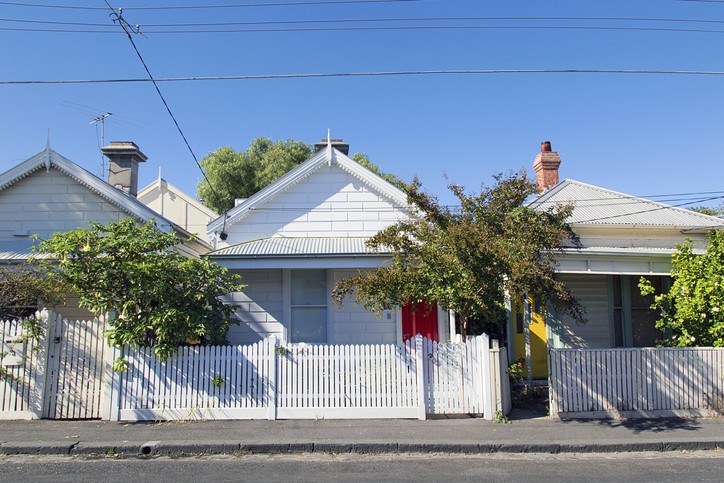ATO’s clarifications on SMSF property valuations

The most common evidence that we have seen used to support a property’s market value is a one-page signed letter from a real estate agent noting their opinion of the property value. In the past, this might be considered sufficient in supporting real property valuation. However, the Tax Office has issued clearer guidance confirming that this is no longer sufficient audit evidence.
Since the 2013 financial year, Trustees of all SMSFs are responsible in ensuring that all fund assetsare valued at market value when preparing the annual financial statements in compliance with Regulation 8.02B of the Superannuation Industry (Supervision) Regulations 1994 (SISR). Market value in relation to a real property means the amount that a willing third-party buyer would reasonably be expected to pay to purchase the asset from a willing third-party seller.
While trustees may consider obtaining a sworn valuation, this is not always required. The Tax Office has confirmed that the following forms of evidence are also acceptable:
1. Independent appraisals from a real estate agent (kerbside)
2. A contract of sale if the purchase is recent and no events have occurred to the property that could materially impact its value since the purchase
3. Recent comparable sales results
4. Rates notice (if consistent with other evidence on valuation)
5. The net income yield of commercial properties (not sufficient evidence on their own and only appropriate where tenants are unrelated)
The ATO has also clarified that a single item of evidence listed above will not be sufficient on its own. A variety of sources of evidence would be necessary to support the Fund’s compliance with Regulation 8.02B.
In October 2020, the Tax Office has updated their guidance regarding kerbside and online
property valuation reports to include an additional requirement for comparable sales data for these supporting evidence.
This means that a one-page letter signed by the real estate agent is no longer sufficient auditevidence. The Tax Office has clarified that “real estate agent appraisals stating what the property is likely to sell for based on sales in the area, without listing details of those sales, would generally not on its own be sufficient and appropriate evidence.” This means that a kerbside valuation report will need to include a physical list of properties similar in nature to the one in the SMSF with their respective sale prices.
What happens if my valuation does not have comparable sales data?
We understand that comparable sales data is not always available. Some property has not had a sale in the area for the last five years, such as farmland. This may, however, not be a valid argument for residential or commercial property in Melbourne. It’s important to note that it’s the Trustee’s responsibility to obtain a valuation for any real estate they acquire in their fund. If we are unable to obtain sufficient and appropriate evidence to support the market value of the property in the Fund, we may be required to issue a qualification on the Fund’s audit report.
If you have any questions then please contact us on either 03 9836 5711, karaco@karaco.com.au or via our website here.
